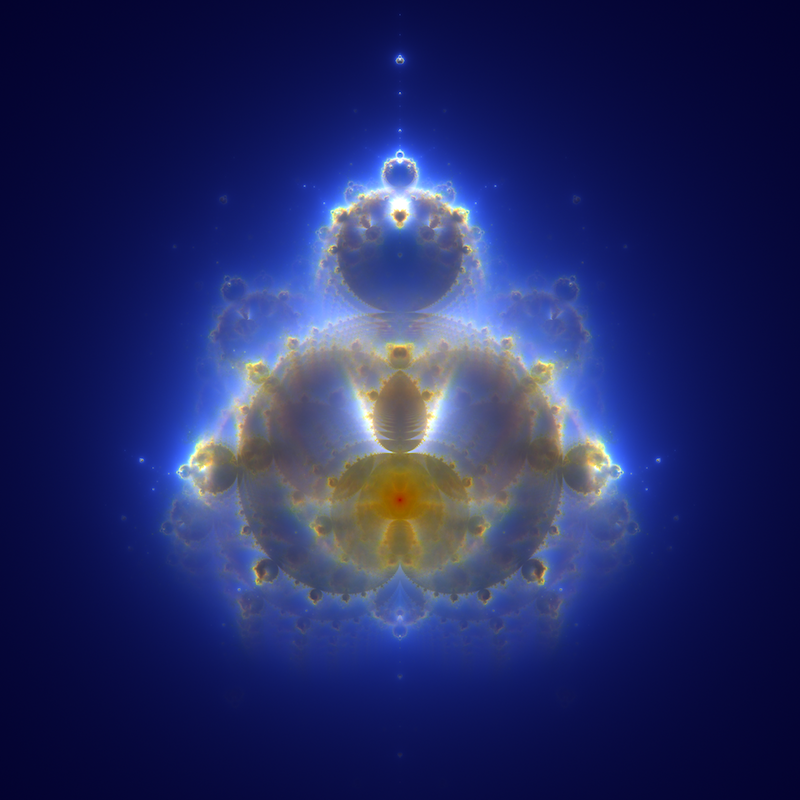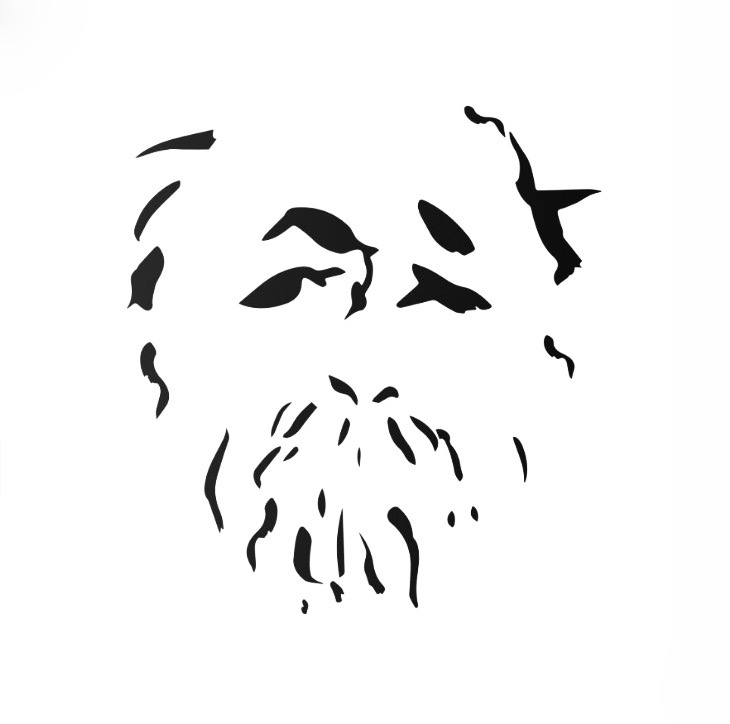
marcel van luit
Even the foolish
can attain wisdom by
modestly following the Sage.
Folly is a characteristic of youth: those who have had little experience generally exhibit little wisdom. This is true of us in a spiritual way as well; in comparison to the Sage we are “babes in the woods.” The hexagram Mêng counsels us to utilize the I Ching as a lantern so that we may survive our youthful folly and travel safely through the woods of life.
There is no shame in seeking guidance in life. A child is eager to be shown the way by his parents and teachers, and we are wise to recognize that in spiritual terms we are akin to children. Our success will come quicker if we find and follow a wise teacher. The Sage is available to serve in this way for those who approach the I Ching with a sincere desire to learn and grow.
To study the I Ching is to gain the perspective of the Deity, to learn the cosmic lesson inherent in every situation that faces us. If we truly look for and strive to comprehend these larger lessons, we gain mastery over fear, doubt, and anxiety. We can learn from study of the I Ching to live in a state of understanding, contentment, and acceptance, but several things are required of us.
The first is that we suspend our mistrust of the Unknown and allow the Sage to lead us. It is tempting to think that the I Ching might be just a book, merely words on paper, but there is more to it that this. To accept this is to recognize the Sage and become receptive to his assistance.
The second thing required of us is that we quiet the demands of our egos for comprehensive answers to our questions about life. The I Ching teaches us not how to get from A to Z but how to get from A to B, then from B to C, then from C to D. The sage travels step by step, dealing always with what is immediately at hand and bringing complete focus and concentration to the moment. By doing the same we fall into step with, and receive the help of, the Creative power of the universe.
Lastly, we are required to unstructure our attitude. By abandoning strategies about people and situations, we let the past and future go and meet the present with an open mind. To be unstructured and open is to allow the Sage to guide us safely and joyfully through life.
The image of Mêng is that of a stream beginning to flow down a mountainside, filing each ravine and hollow place as it goes. If we persevere in following the Sage, seeking the counsel of the I Ching and filling in the gaps in our character as they are revealed, we will be led to lasting success in life.
The I Ching, or Book of Changes
Hexagram 4, Mêng / Youthful Folly
You
can now buy
Wei wu Wei Ching as part of a
five-app bundle of Taoist classics
for iPhone or iPad for less than
the cost of one hardcover
book.






